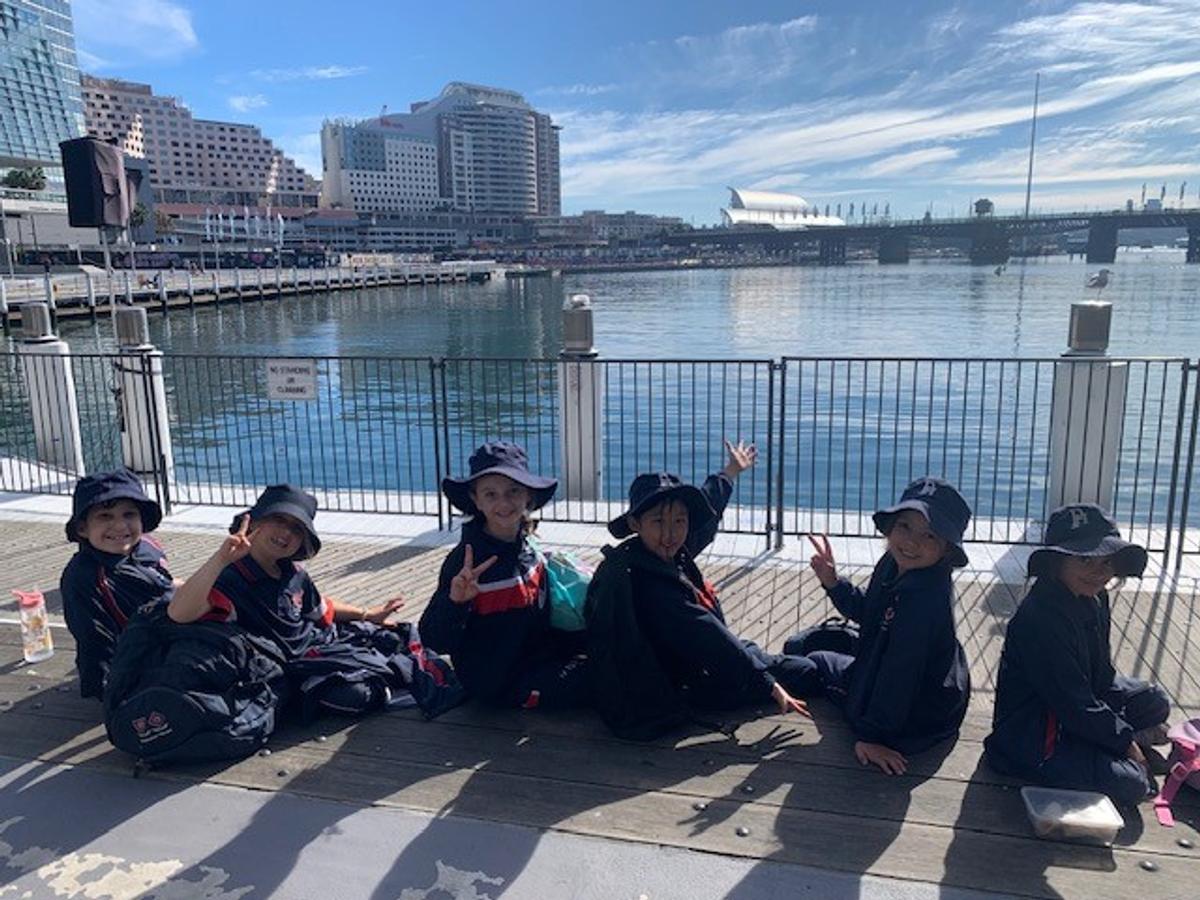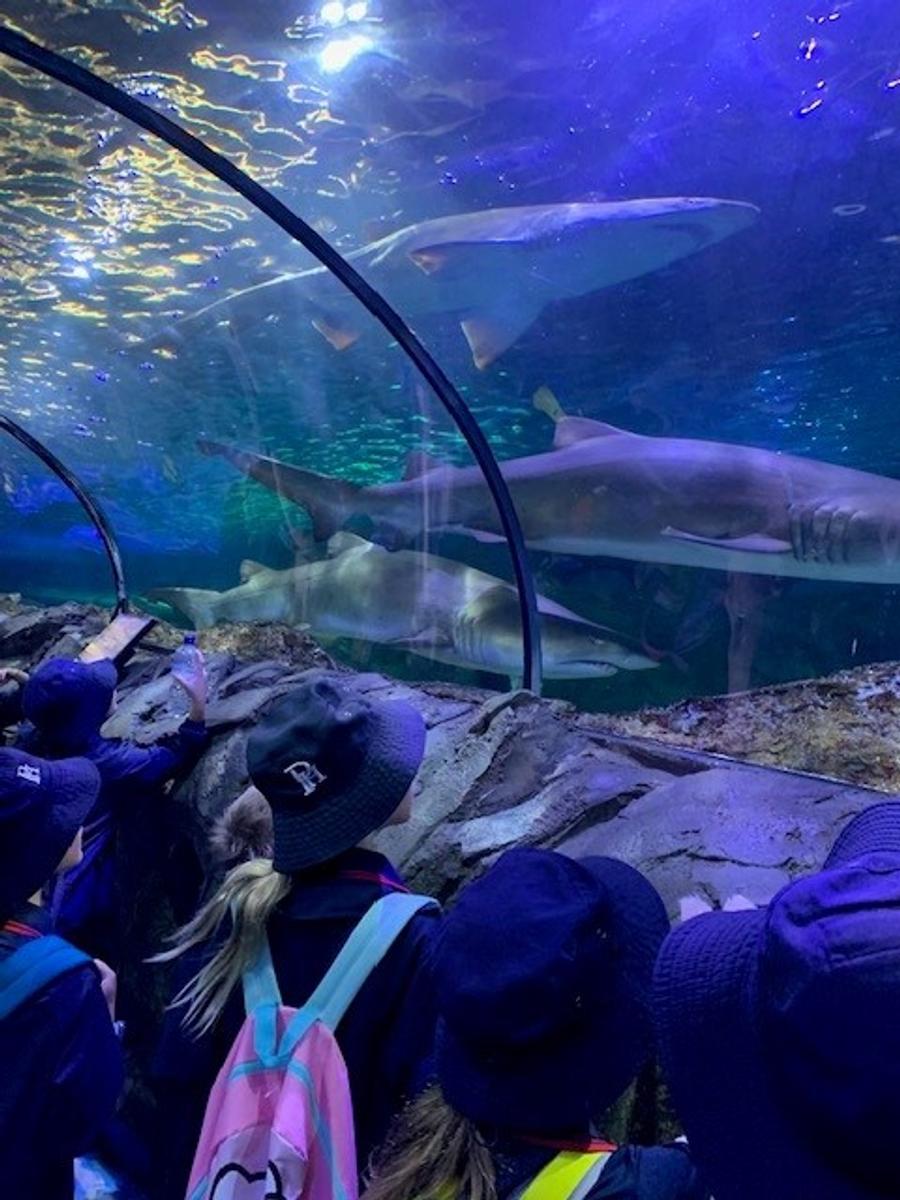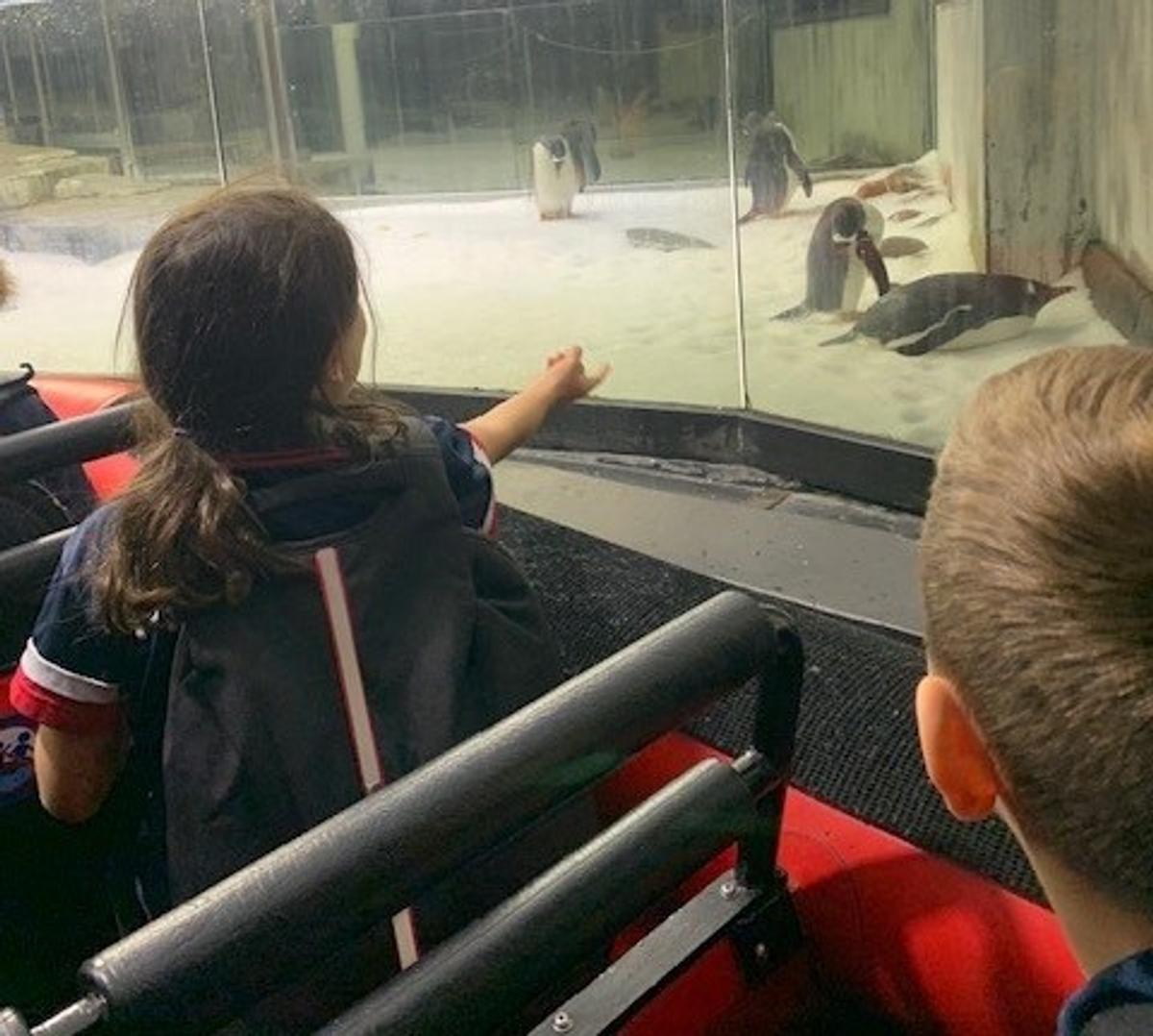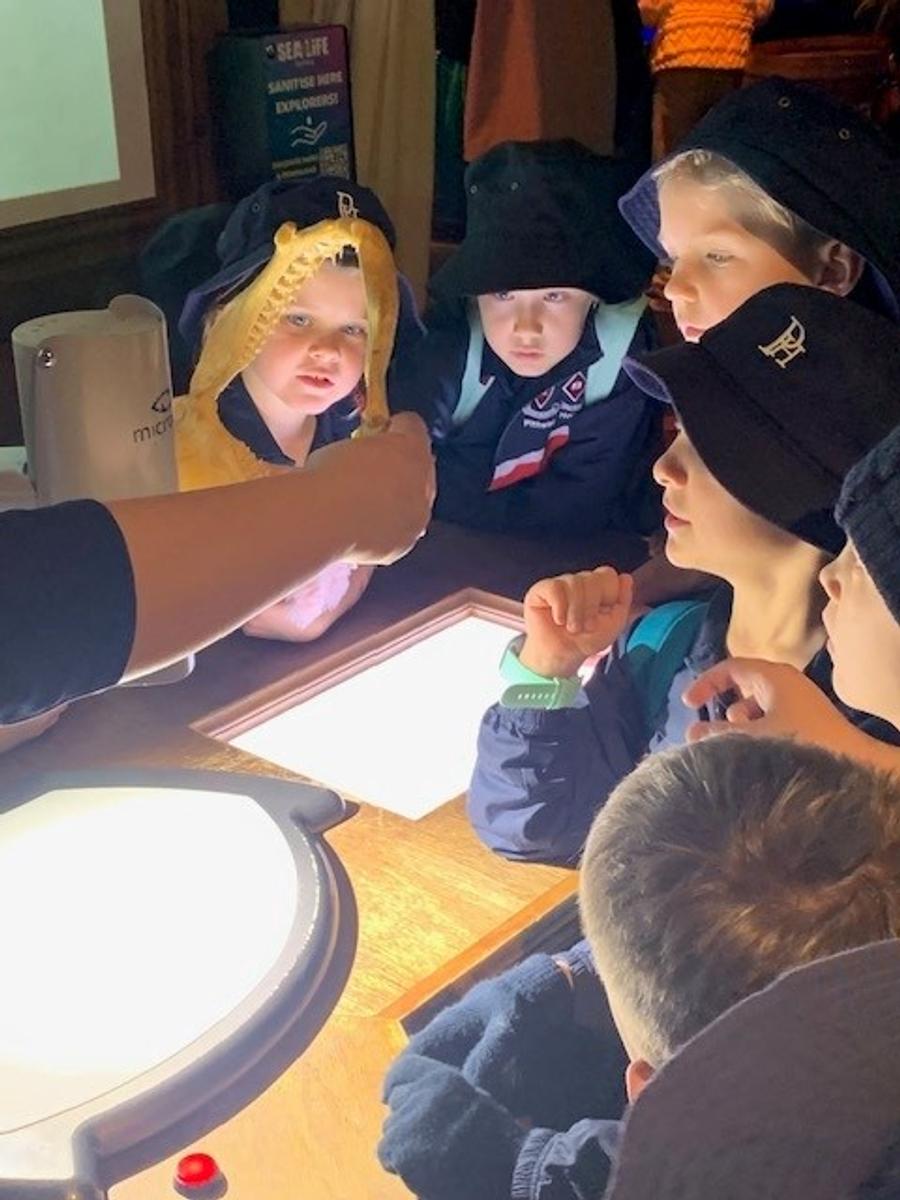From the Head of Junior School
Mr Glenn Stephenson
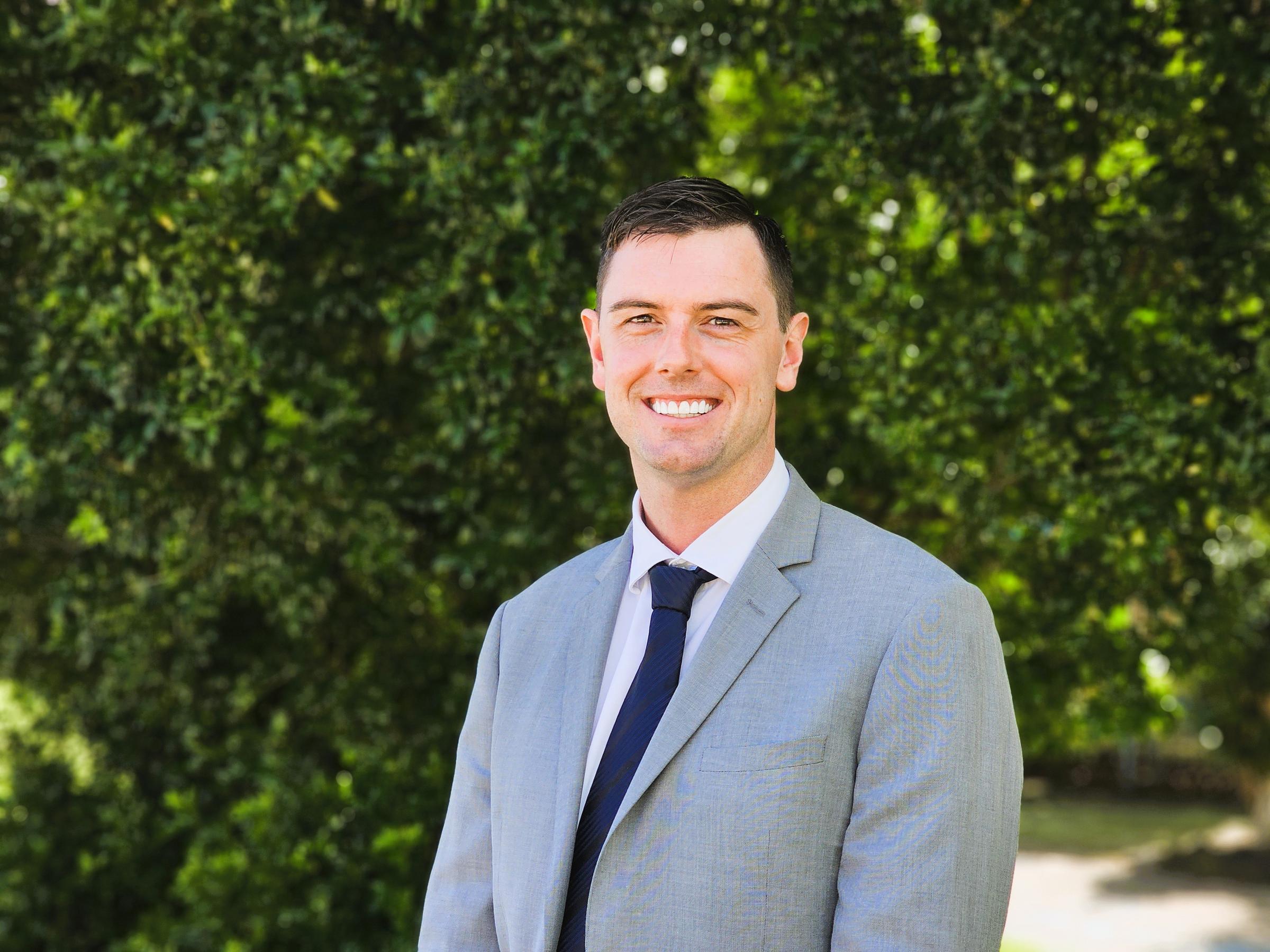
From the Head of Junior School
Mr Glenn Stephenson
As Term 2 rapidly draws to a close, it is worth pausing to reflect on the past nine weeks which have been marked by many achievements, both big and small, yet all impactful for those experiencing them. Achievements have occured in the classroom, on the sporting fields, in the music studios, in the debating arena and on stage. Whilst winning is wonderful, achieving personal best performances should be held in equal esteem and I encourage you to identify these with your children and celebrate these small wins, just as you would the larger, more public victories.
Every day I witness our students learning, training or rehearsing in an effort to improve their performance, practising tirelessly to reach their goals. Clearly, our students realise that genuine improvement requires struggle, persistence and sometimes sacrifice. Research also suggests that the amount and quality of practice are key factors in the level of improvement reached.
What is important to note when it comes to practice is that not all practice makes perfect. You need a particular kind of practice, deliberate practice, to develop and improve significantly. Some key research findings around ‘practice’ suggest repetition is not the key to improvement; poor performance of the same task over and over again is pointless. Rather, the key to improvement is striving for a better performance each time a task is performed; a specific goal is needed, then reassessment of performance, followed by work on improving technique. Deliberate practice is about changing performance, working on our weaknesses, setting new goals and persisting to reach a little higher each time.
This is an important message for our students to consider as they regularly invest so much of their time trying to improve a specific outcome. Persistence has been shown to be a significant predictor of success and to see a student persevere with intention is so heartening because they are demonstrating that they know they can improve on their performance. If we can teach our students about deliberate practice, then the chances of success are even greater.
The following is an outline of what parents can do to teach their children about the importance of deliberate practice:
The one thing that clearly emerges from the research is that performance improvement is based on intensive, deliberate practice, working with motivated teachers, coaches and instructors, and having the support of family. It is only by working at what you can’t do yet, that you turn into the expert you want to become.
As we head into the holidays, I would encourage parents to please avoid filling each day with constant activity for your children. Our days at school are already jam-packed with plenty of activity, learning and play, which are all important, but our students are tired and they will no doubt benefit from some downtime when they can simply relax, away from the pressure and usual routines associated with a school term. I would also ask you to please consider resisting the urge to allow extended screen time for your children during the break. Most families have limits on screen time at home during the course of the term and I would encourage you to try and maintain these throughout the holiday period too.
I trust that all students and their families will enjoy a relaxing break over the holiday period before our children return to school for the second half of the year on Tuesday 23 July.
If you have any queries or concerns, please do not hesitate to contact me via email: glenn.stephenson@tphs.nsw.edu.au or phone: 9981 4400 and I will endeavour to assist you in any way that I can.
On Monday 24 June, Year Two visited Sea Life at Darling Harbour as part of our Science and Technology unit on ‘Living Things’. This term, our focus has been on protecting species that live in our local area, specifically the Little Penguins in Manly.
The excursion allowed students the opportunity to observe marine animals up close and learn about their unique features and habitats. We enjoyed a guided tour, interactive exhibits, and discussions about marine life adaptations and conservation efforts. Highlights included the Penguin Expedition boat ride, as well as having sharks swim all around us in the glass tunnel!
The visit reinforced our classroom learning and inspired us to think critically about our role in environmental stewardship. All students left with a deeper appreciation for marine biodiversity and a commitment to protecting our natural world.
